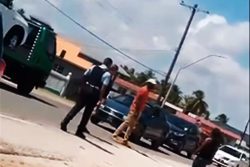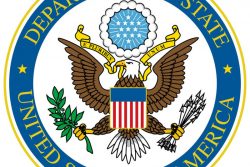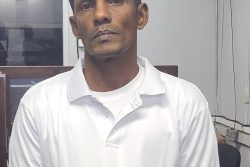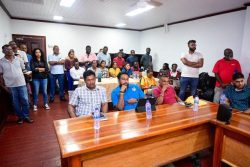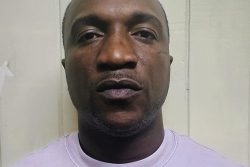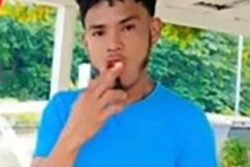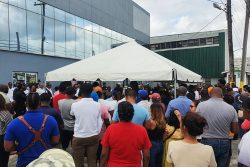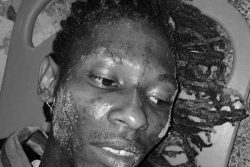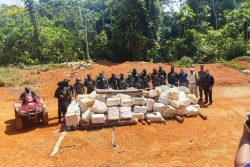TEGUCIGALPA, (Reuters) – Suspicious deaths. Beatings. Random police shootings. Life under the de facto government of Honduras at times feels uncannily like Latin America’s dark past of military rule.
In the three months since soldiers overthrew leftist President Manuel Zelaya and marched him out of the country in his pajamas, international and Honduran human rights groups say security forces have committed a litany of abuses.
They link at least 10 deaths to de facto rule under Roberto Micheletti, who was named president after the June 28 coup. The government admits three people have died in protests.
Amnesty International said in September that Honduras risks spiraling into a state of lawlessness where police and military act with no regard for rights.
Repression of protests against the coup increased after Zelaya slipped back into the country on Sept 21, took refuge in the Brazilian embassy and called his backers onto the streets.
Honduran human rights group Cofadeh said it had numerous reports of police firing guns in poor areas of Tegucigalpa.
Some shootings occurred during night-time curfews enforced by Micheletti.
Unemployed Angel Manuel Osorto broke the curfew to go out to borrow money for medical treatment for his pregnant wife and his 13-year-old son Angel David was hit in the lower back when a policeman fired a pistol from a motorbike.
“As we walked home a police patrol rode up shooting. One bullet hit him,” said Osorto. “Thank God he is alive.”
That same night a Zelaya supporter was shot dead. Five more were hospitalized with bullet wounds. “People are terrified to go out at night. I am scared of the authorities,” said Osorto.
The curfew has been lifted in Honduras, but Micheletti has put in place an emergency decree allowing the army and police to break up protests. And they do so with gusto, firing gas at almost any small demonstration.
Tegucigalpa police chief Leandro Osorio denied abuses and said left-leaning rights groups are biased in favour of Zelaya.
